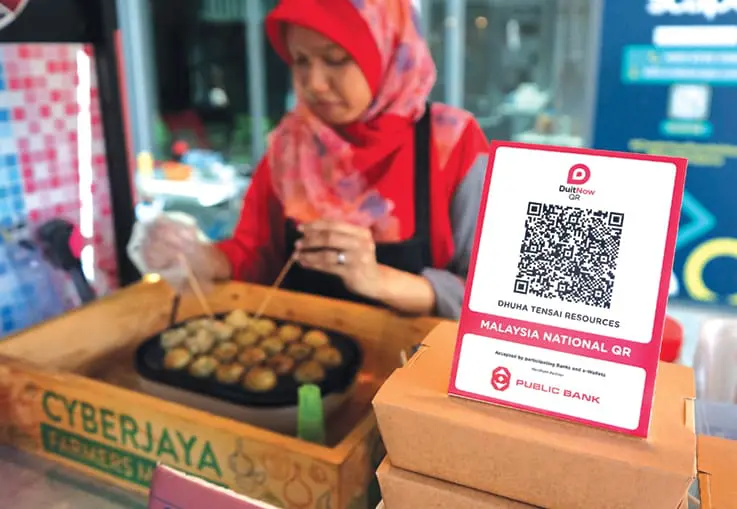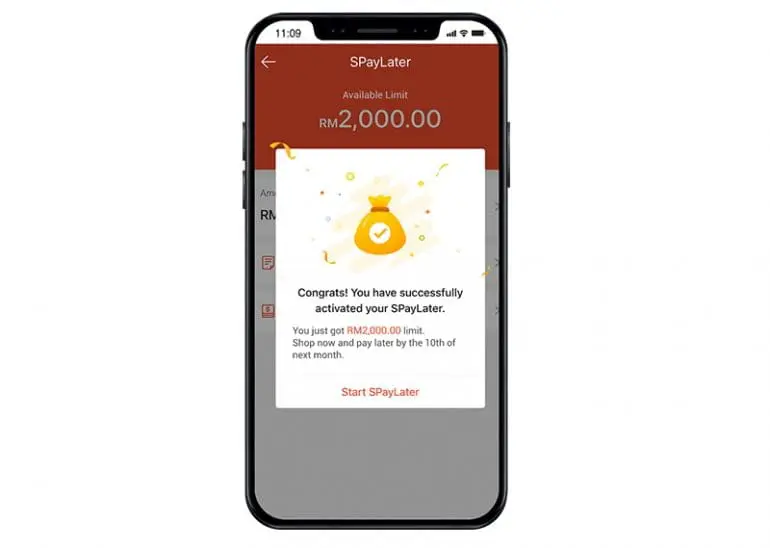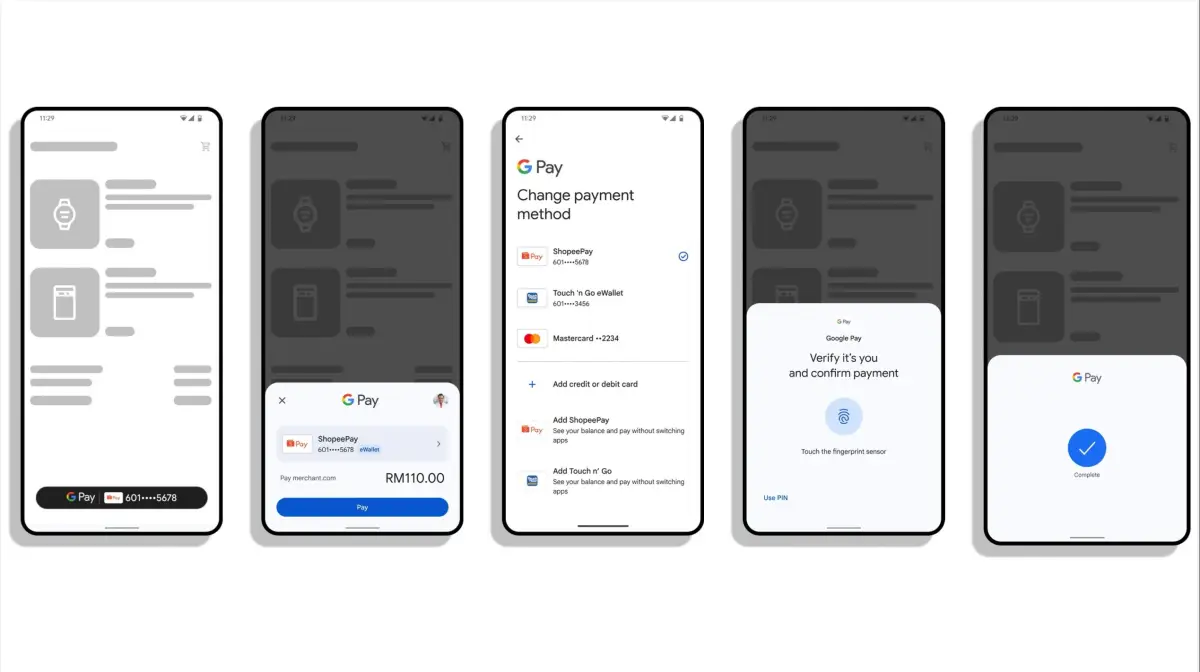Jacie Tan
22nd January 2020 - 2 min read

(Image: Malay Mail)
According to the Ministry of Finance, increasing financial literacy is a necessary step when it comes to promoting cashless payments in Malaysia. Only 5% of total daily payments in the country are made through cashless payments, with cash transactions still reigning over transactions like grocery purchases, parking, and newspapers.
Finance Minister Lim Guan Eng said a crucial aspect in changing behaviour is to elevate financial literacy. “Literacy in e-payments is an important component, given its obvious benefits in financial management,” said Guan Eng. “This is where the public sector will primarily need to step up. Low financial literacy has far-reaching consequences.”

(Image: The Malaysian Reserve)
According to Bank Negara Malaysia (BNM), one in three Malaysians consider themselves as having low financial knowledge, particularly among low-income households. Last year, the government launched the National Strategy for Financial Literacy, a five-year plan aimed at targeting this issue of low financial literacy among Malaysians.
Guan Eng added that widespread availability of e-payment facilities would help increase cashless adoption in the country, citing having a central payments infrastructure provider like PayNet as a positive step. He further said that the high disbursement of the e-Tunai Rakyat initiative would also help increase the adoption rate of cashless payments, as well as support Malaysia’s economic growth.
(Source: The Malay Mail, The Malaysian Reserve)









Comments (0)